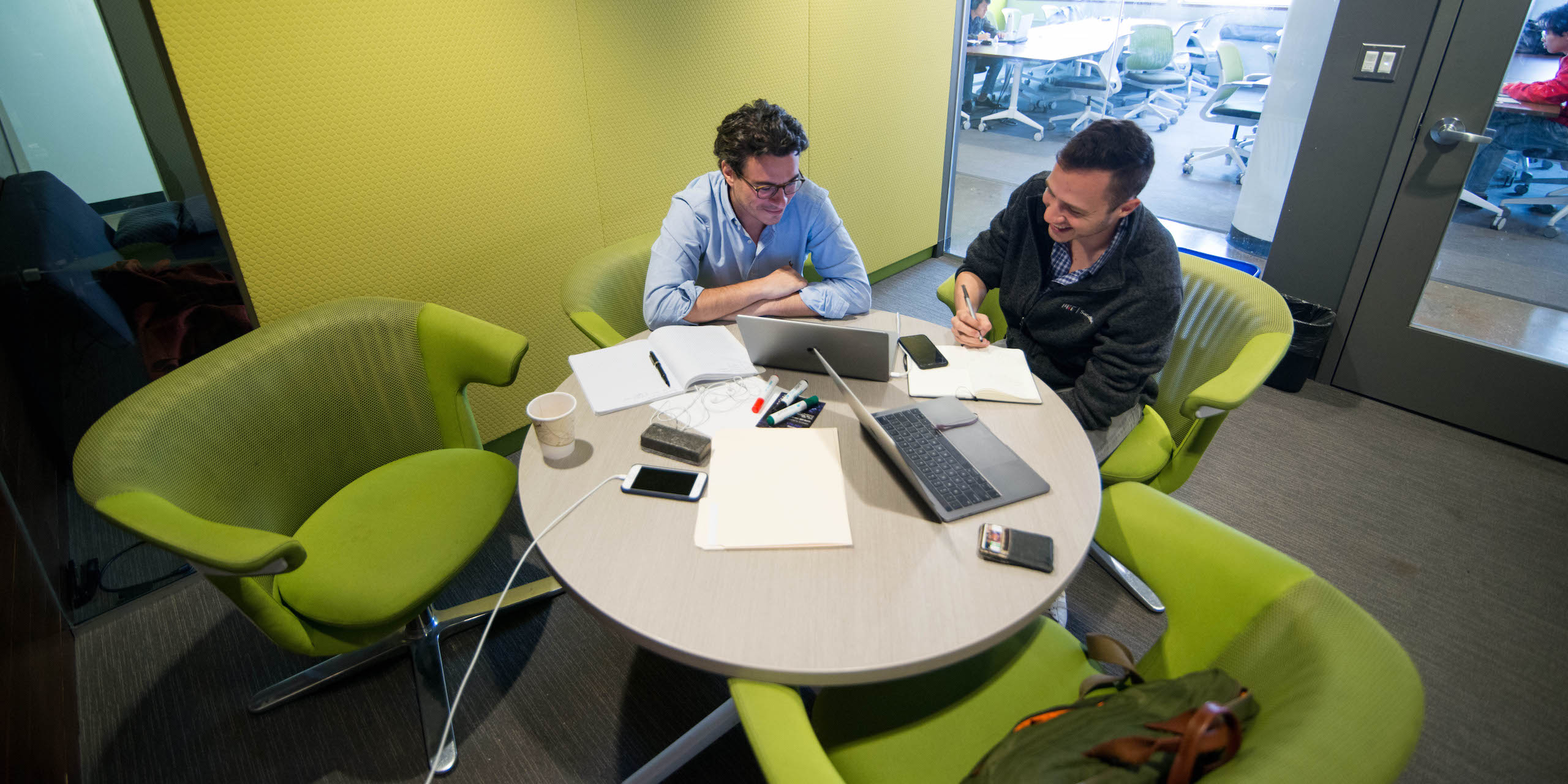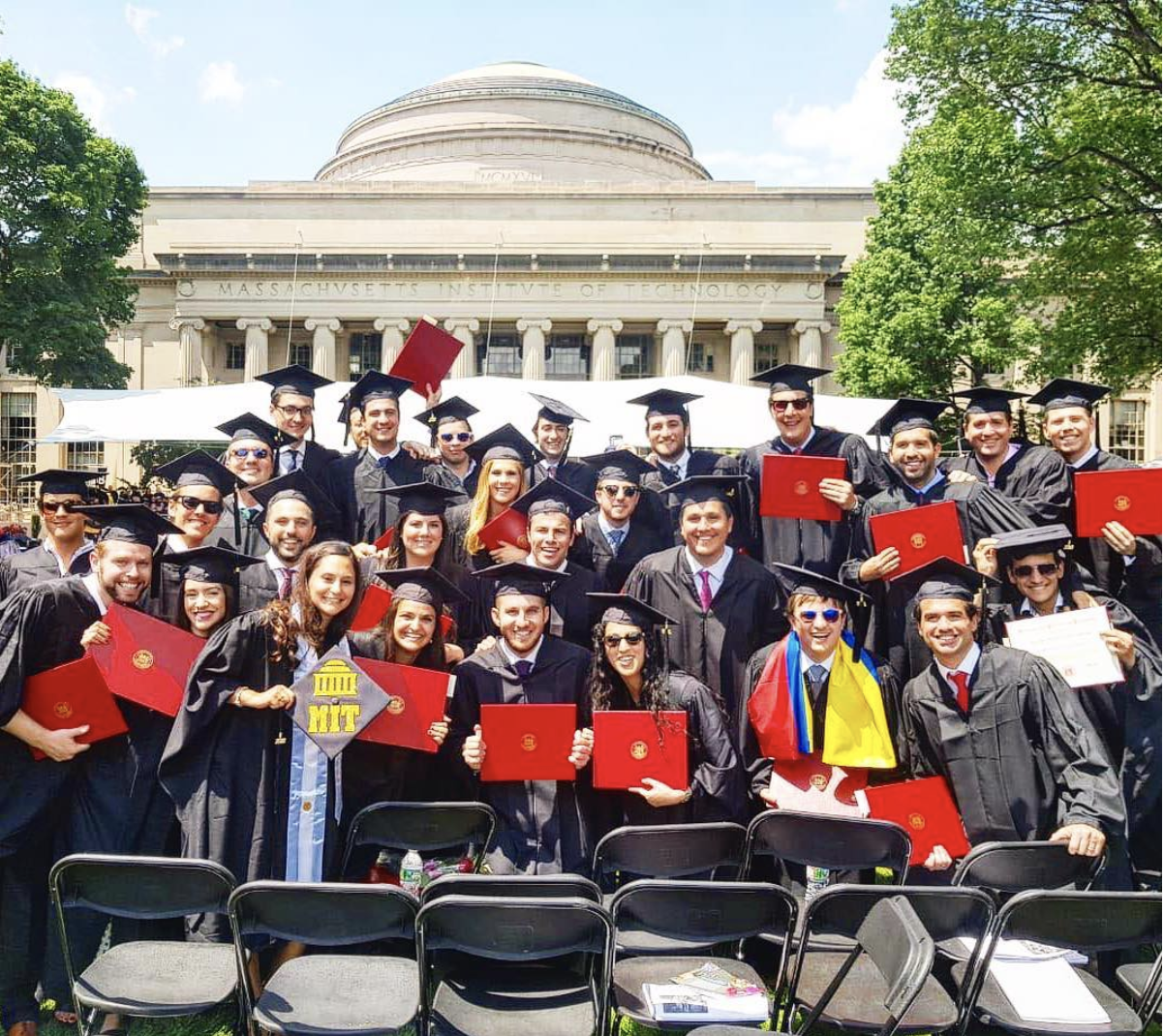Leadership Curriculum
Our approach to leadership development is integrated throughout the MIT Sloan experience.
Our approach to leadership development is integrated throughout the MIT Sloan experience.
The MIT $100K brings together students and researchers from across MIT and beyond to launch their talent, ideas, and technology into reality.

Learn how to launch your innovative startup and translate ideas into practice.



Everything you need to know about health care at MIT — from making the transition to health care services in Cambridge to what’s covered and how to get care when you need it.

Free consultation in the preparation of written materials of any kind, for students and other members of the MIT community.

Everything you need to be fully connected at MIT.

A wide range of print and electronic materials at five libraries: Architecture & Planning, Engineering, Humanities, Science and Management, and Social Science.

Hundreds of opportunities for learning, entertainment, and recreation offered every January and open to the entire MIT community.